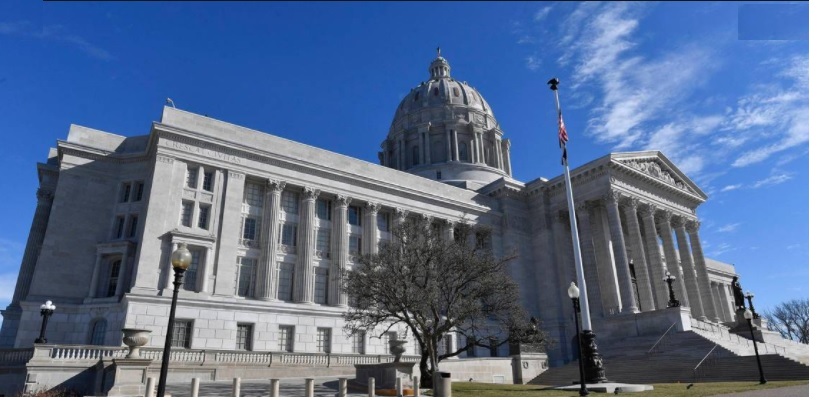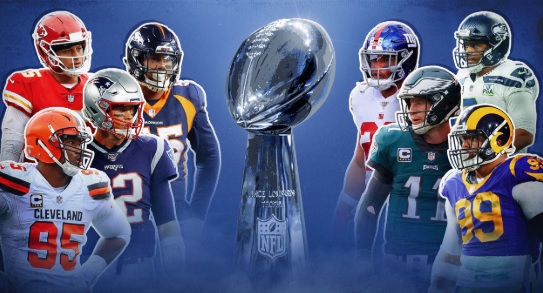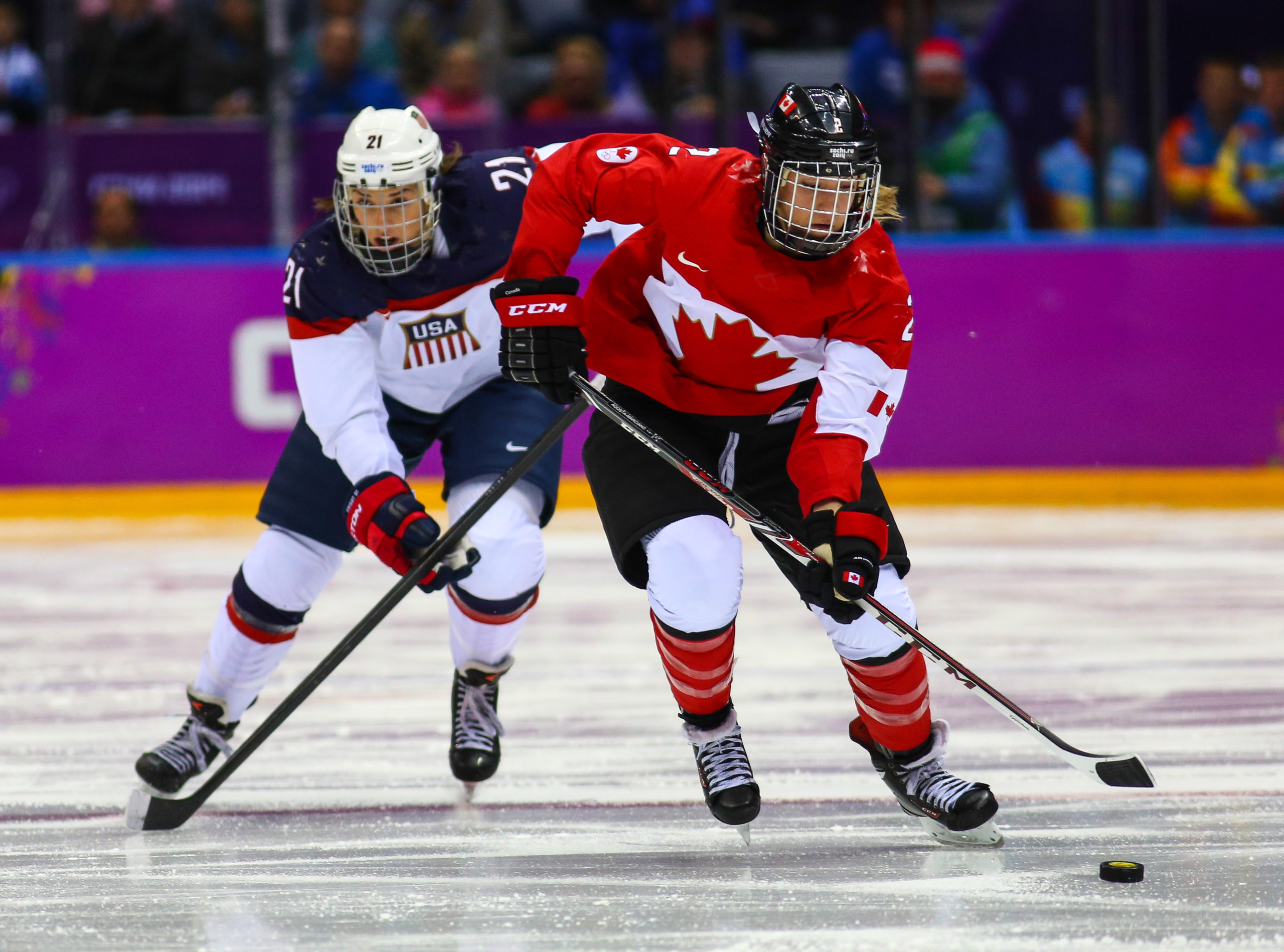Three Missouri state senators filed similar bills Tuesday to legalize sports betting in the state.
The senators say this could bring nearly $50 million to the state in revenue a year, and the money would go towards education. The difference between the three bills is the tax rate, annual licensing fee, and application fees for operators, FOX 2 reports.
On Tuesday, two of the senators testified in front of a Senate committee. One person did testify against the bills but many spoke in favor of them, including the Missouri Gaming Association. “All of this is taking place in the illegal market now. We’re trying to bring it out of the illegal market, bring it into a legal regulated environment where we can be assured that bets are handled proper, consumers are treated fairly and those who have issues with gambling cannot participate,” said Mike Winter, executive director of the Missouri Gaming Association.
“In my view, there’s really not much of a reason not to do it at this point,” said Sen. Caleb Rowden, sponsor of Senate Bill 256, supported by Winter, as reported by Columbia Missourian. “It’s already happening. We might as well legalize what’s already happening and make a little money off of it.”
Twenty-six states have legalized sports gambling. Of those states, the 6.75% tax on revenue in SB 256 would tie Iowa for the lowest in the country. At casinos in Missouri, there is currently a 21% gaming tax.
Sen. Denny Hoskins, R-Warrensburg, the sponsor of SB 18, a different sports gambling bill with a 9% tax on revenue, was critical of SB 256’s low tax rate. “I just believe that we’re leaving a little bit too much money on the table for education,” Hoskins said.
The other bill that would legalize sports gambling and mobile wagering is SB 217, sponsored by Sen. Tony Luetkemeyer, R-Parkville. A major difference in SB 217 is that it requires the use of official sports league data.
Lobbyists for all the state’s major sports teams – like the Cardinals, Blues, and Chiefs testified in favor of legalizing sports betting. All three of the bills were discussed among the senate committee but did not receive a vote.
Sports betting advocates have argued new revenue potential justifies sportsbook legalization, but there is a separate effort to legalize video lottery gaming terminals, or VLTs, whose backers note the machines, which could be placed within certain truck stops, fraternal organizations and bars, would likely generate even more tax money than even statewide mobile wagering, as reported by Action Network.
The state’s 13 casinos oppose legal VLT machines, fearing it would diminish patronage to their facilities, all of which are located on either the state’s western or eastern borders. The casinos say revenues lost to VLTs would likely outweigh any gains from legal sports betting.






















